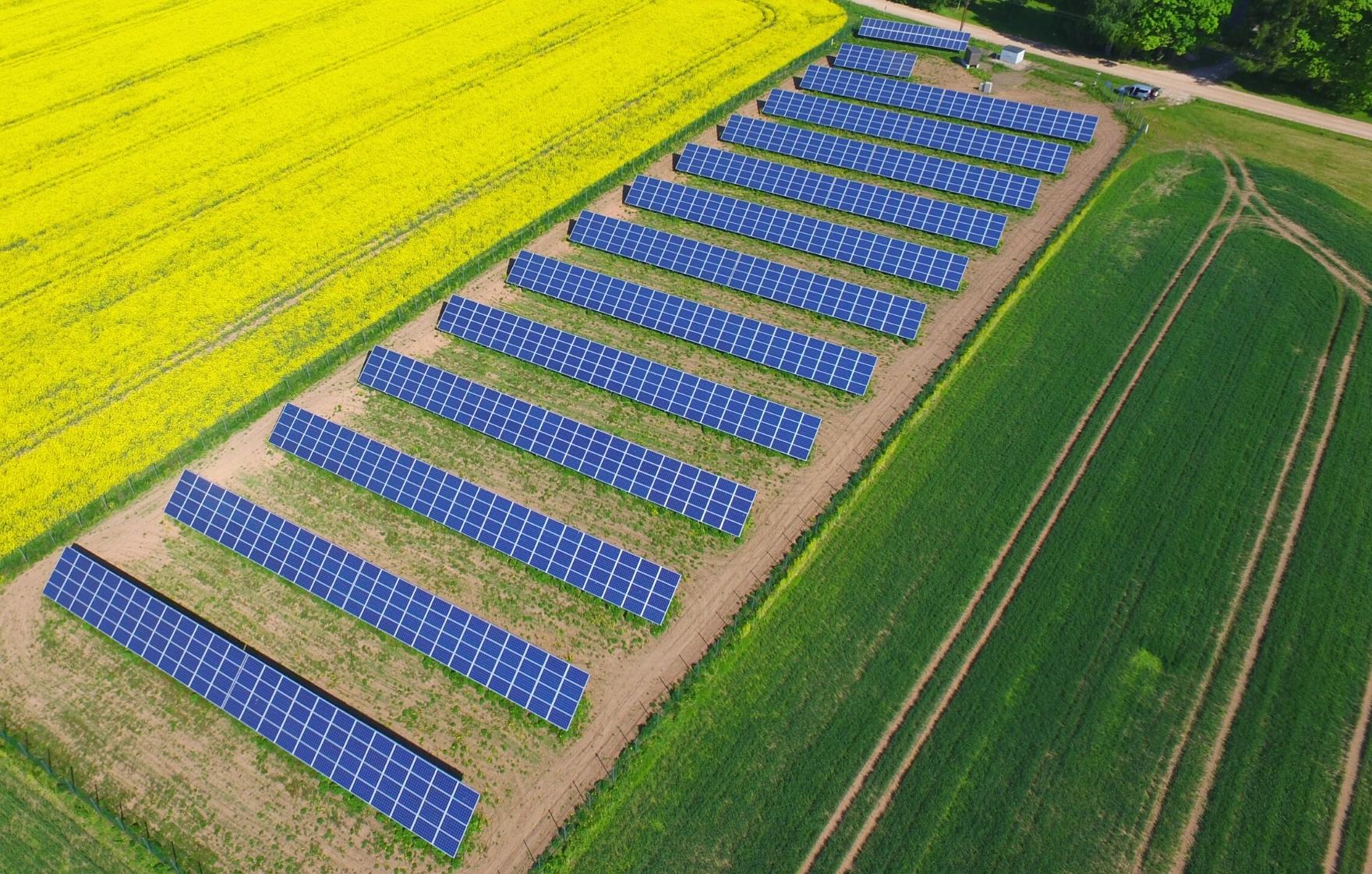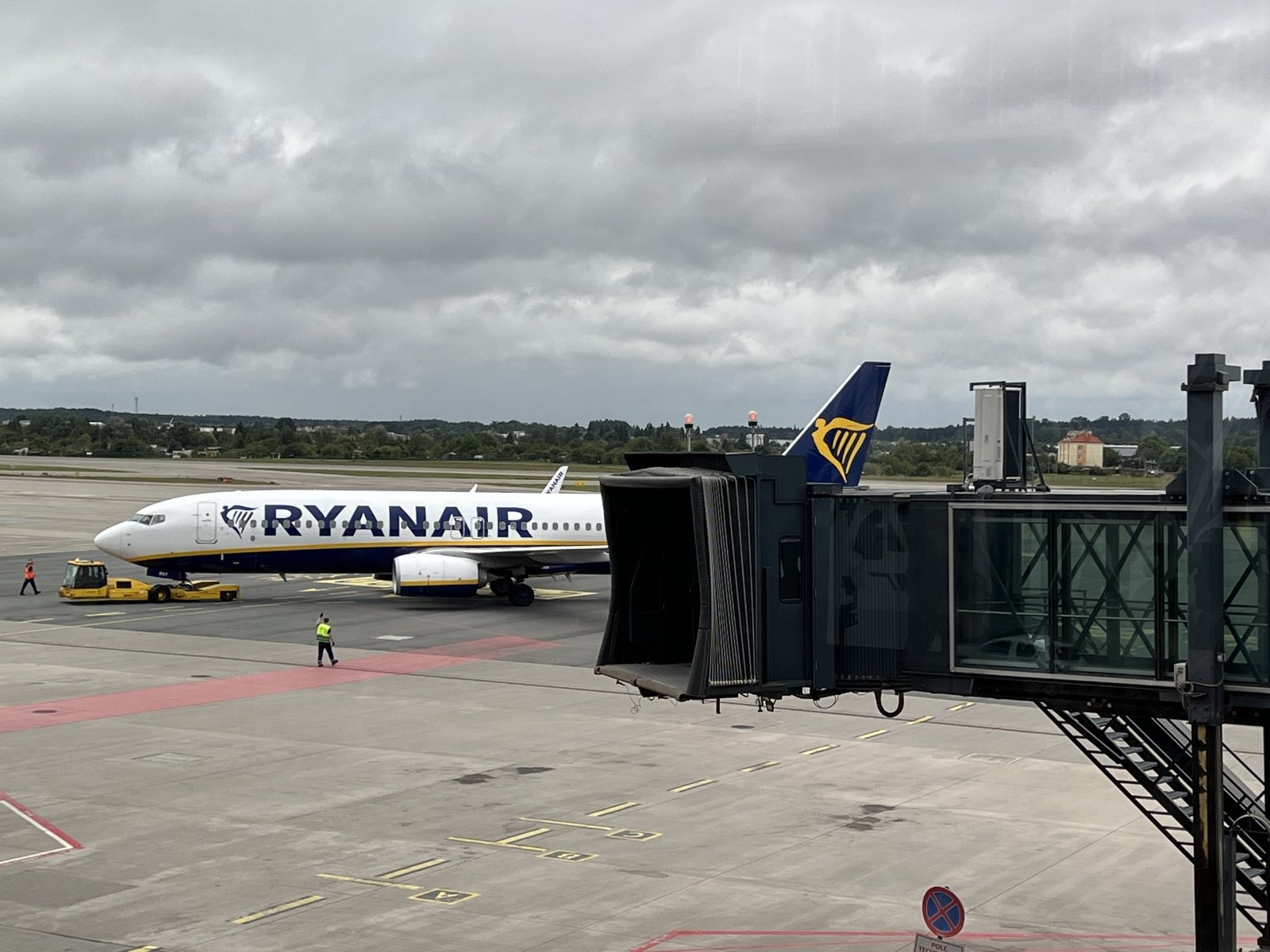The state of emergency ends in March: will the Russians invade Lithuania?
Wherever you look in Vilnius, it’s hard not to see cars with Belarusian or Russian license plates, LNK is noticeable.
During the year, 1.5 million Russians and Belarusians came to Lithuania. According to the data of the State Border Guard Service (VSAT), more than a million Russian citizens and almost a million Belarusians arrived in Lithuania last year. True, these are the numbers of how many times Russians and Belarusians crossed the border. The same person could come several times.
“It may be the same persons. The same person can cross the border ten or eleven times,” said VSAT representative Audrius Pauliukevičius.
The entire LNK report is in the video:
More than a million Russians arrived last year, but 47,764 did not leave Lithuania. Almost a million Belarusians arrived, more than 100 thousand. did not leave It is unclear whether they stayed in Lithuania or left for another country. According to politicians, the numbers would be lower if Western Europe also restricted the arrival of Russians.
“We would like it to be on a European scale, then the effect would be even greater.” We will set a really good example”, assured Laurynas Kasčiūnas, chairman of the National Security and Defense Committee.
Last year, since the beginning of the year, the flow of arriving Russians has been growing. In August, before Vladimir Putin announced mobilization, a record number of 83,000 people arrived in Lithuania. In September, the Baltic countries and Poland introduced restrictions: they no longer issue tourist visas to Russians. Since then, 30,000 people have been admitted to Lithuania per month. Russian It seems that Russian tourists have come to their senses and no longer go to Europe via Lithuania.
In almost half a year, less than a thousand had to be turned around at the border.
“There are almost 900 of those who did not meet the criteria set by the Government,” said A. Pauliukevičius.
This is not much compared to the former numbers of Russian tourists.
“We need to compare what happened before the decisions we made and what happened after them. The flows decreased twice when it comes to the citizens of the Russian Federation,” said L. Kasčiūnas.
Now 30,000 people enter each month. Russian Most of them just pass through Lithuania.
Kaliningrad’s transit is about 56 percent. from all passing passengers”, said A. Pauliukevičius.
Another 30 percent the drivers of the incoming Russian trucks.
“Carriers who transport unauthorized goods. If the sanctions expand, such carriers will also decrease,” L. Kasčiūnas is convinced.
About 10 percent Russians are admitted due to exceptions.
This is not only V. Putin’s war, this is the war of all Russia. The entire Russian society is responsible.
“Exceptions are close relatives of citizens of Lithuania and the European Union, as well as employees of the diplomatic corps,” A. Pauliukevičius said.
We are already thinking about what will happen in March, when the state of emergency will end. Now Russian tourists are not allowed because of her. Consideration is being given to ending the state of emergency. For example, to legalize the turning away of illegal migrants without a state of emergency.
“Such a decision can be made even in the absence of a state of emergency,” said Interior Minister Agnė Bilotaitė.
It is not clear what would happen to the ban on Russian tourists without a state of emergency.
“Or to continue it (emergency law – author’s post) for a certain period of time, because certain decisions regarding the issuance of visas to Russian citizens are “hung” on it. Or incorporate all this into the law on the state of emergency,” L. Kasčiūnas pondered.
One of the initiators of the ban on the entry of Russians last year was the Minister of Foreign Affairs. Now he says that he no longer wants to comment, because these are already matters of the interior ministers. It just says: the current flows can hardly be reduced any further.
“I doubt that it will be possible to significantly change the situation that exists now. Because most of it is Kaliningrad and trucks,” said Minister of Foreign Affairs Gabrielius Landsbergis.
The Ministry of the Interior refuses to comment on how it assesses the current flow of incoming Russians and Belarusians, what about the planned restrictions in the future.
“It is necessary to use it, because it is not only V. Putin’s, it is the war of all Russia. The whole of Russian society is responsible”, L. Kasčiūnas is convinced.
Russians come to Estonia in the same way as to Lithuania. Much less to Latvia. Poles are reluctant to make data public. The arrival of Belarusians is not restricted. One hundred years cross the border in a month.




